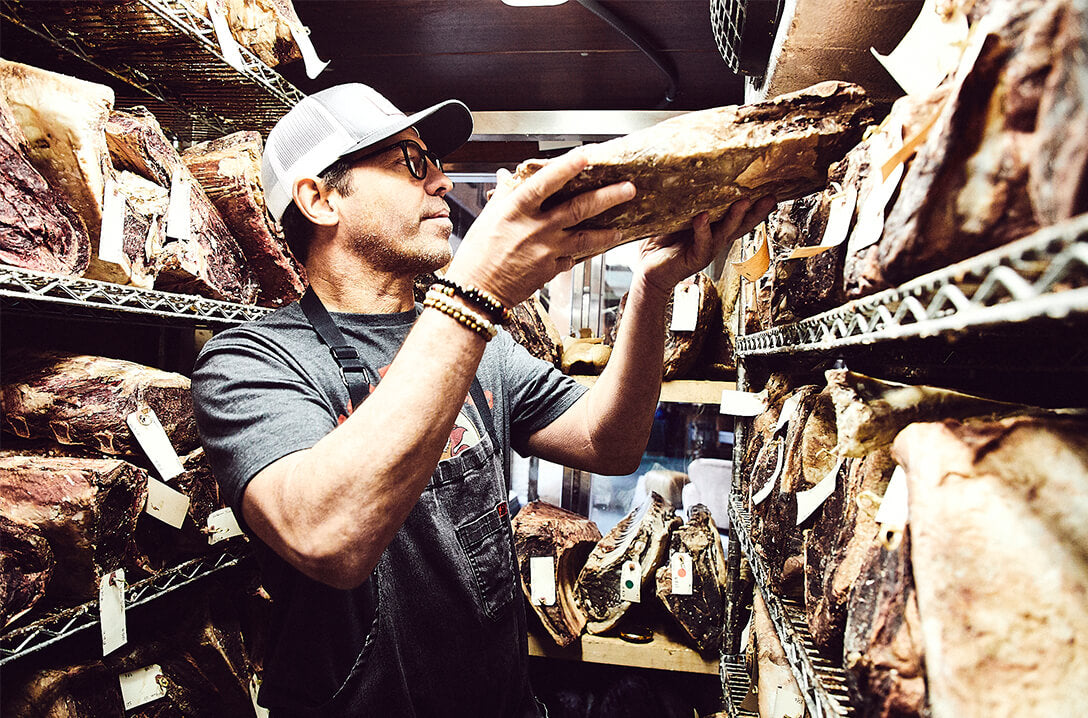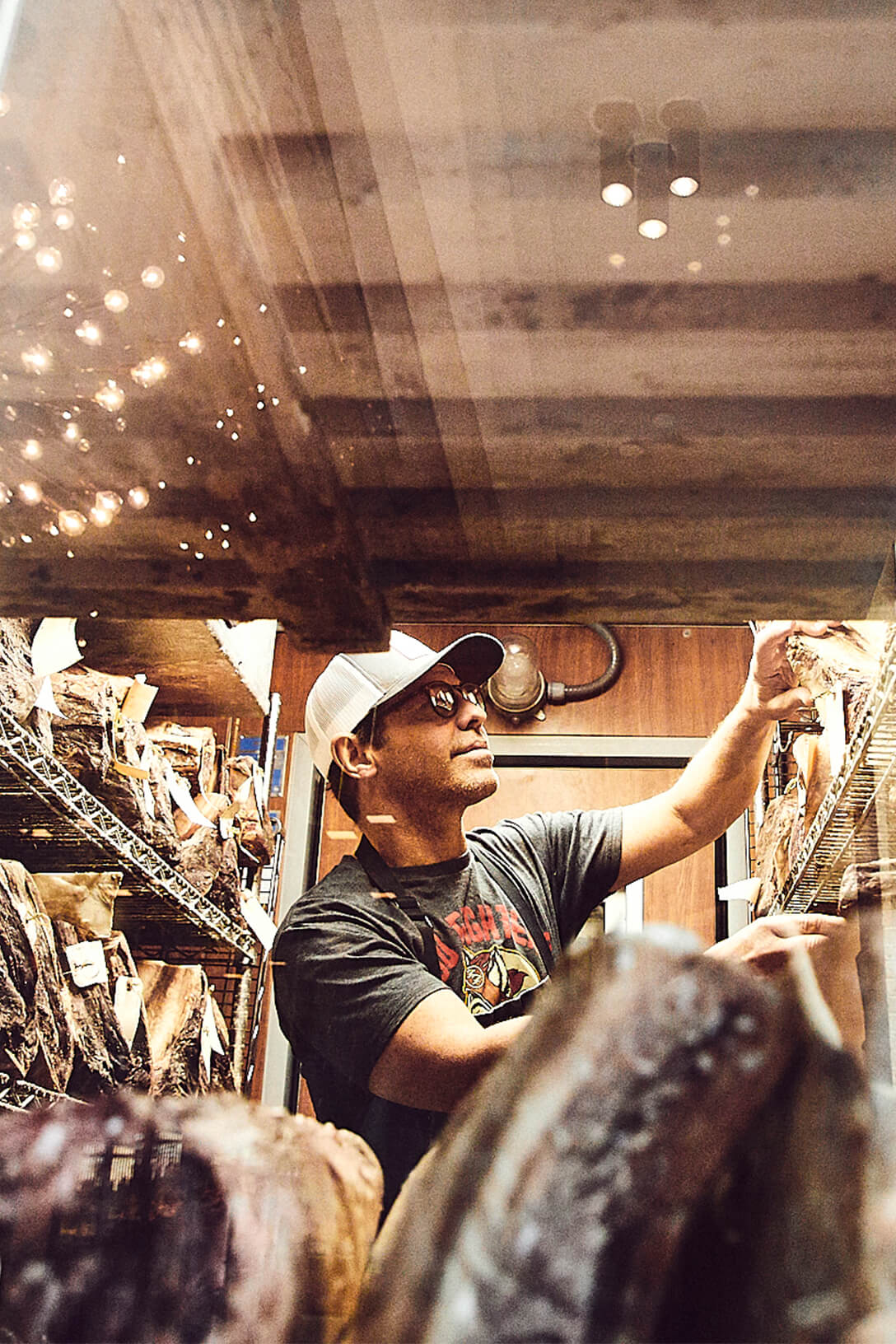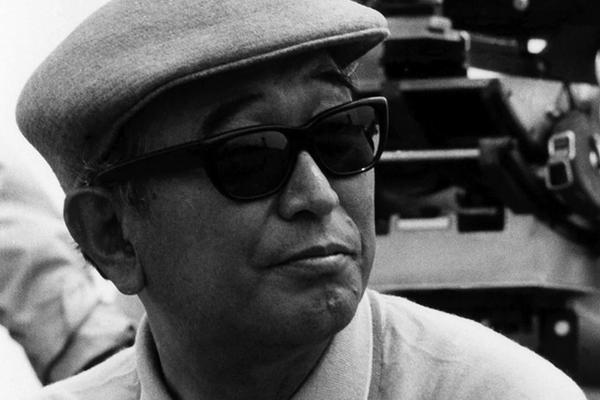I started listening to punk rock when I was 12 and, despite all appearances, I still carry lots of those feisty credos in my heart. Because chefs are now regularly likened to rock stars, that could be why I followed the story of John Tesar — a chef for four decades — during his turbulent time as the executive chef at the Rosewood Mansion on Turtle Creek, where his talents in the kitchen returned a five-star rating to a restaurant regarded as an icon. His tenure and personality there whipped up a media stir. He’s why I was intrigued about a notorious headline that called him “The Most Hated Chef in Dallas.” And why, with amusement, I followed a legendary feud between Tesar and a former Dallas food critic, which had even the most casual foodies aware of some serious chaos. It was like rubbernecking a car wreck you don’t really want to see but gawk at anyway, hoping everyone comes out alive.
Ultimately, all the column inches and word counts will never discount the fact that his culinary creations speak louder than any verbal sparring with dissenters. For the past four years Tesar has been the head chef and owner of Knife, a chic and untraditional steakhouse that’s a hot spot within The Highland Hotel. After talking with the James Beard nominee, Bravo’s former Top Chef competitor, and the author of Knife: Texas Steakhouse Meals at Home for almost one and a half hours, it seems his self-sabotaging days are in the rearview mirror.




A lot of people are now offering similar products we started using four years ago, so we take it to the next level with the dry aging. It’s done at a very low temperature and low humidity so we develop a white mold, much like the white mold you see on charcuterie. It creates a different flavor profile. Plus, the cattle we use are not heavily corn-fed. Everything is an all-Texas product, which is very unique and challenging. Our cattle are Akaushi. Between the sourcing, the experimentation, and the process — that’s what makes our steaks different.
If I had ten Knifes, it wouldn’t be the same as one or two — it would dilute everything. People are asking me to open more but I am hesitant. Because when you have enough, you have to ask yourself why you’d want more.
I thought it was really important to make the steakhouse affordable. We offer a $10 hamburger and a $25 steak — you don’t have to go to Outback anymore. Everything is cooked with chef care. It doesn’t make sense to charge more because you’re hip or have a name. There are more people who don’t have than do. When you can give them something qualitative and respect them, then you’re doing a good job as a businessman. When you give someone a decent night out, you win them over forever.


It depends on their mindset. If they’re used to traditional steakhouses, I would want them to try our 60-day dry aged Akaushi or a 90-day 44 Farms ribeye. But for someone with a smaller budget, try a little bit of everything to introduce yourself. We have a bacon tasting, bone marrow with caviar, and blood sausage and uni from time to time. We make our own fresh pastas with oxtail and a true Bolognese, and our truffle pasta is kind of famous after all these years. I want them to get taste of me as a chef while staying in their price point.
It does quietly inside — but we give guests whatever they ask for. My temperamental days are long behind me.
I’m very analytical and very serious about what I do. I’m an accomplished chef who has been fighting for recognition my whole life. It’s not about fame, it’s about the respect of my peers. For over 30 years I’ve been a cook and built really good restaurants, and that’s what I want my legacy to be. When you have to navigate television, food writers, and a pecking order of famous chefs who cling together to self promote — all for the sake of branding and making themselves money — the world has changed.


It can be a lonely place, but I learned a long time ago that being the popular guy has a shelf life in this fickle world. When you stumble upon something real, you have to hold onto it. I rode through a difficult period of my life where many thought I was one kind of person, and I wasn’t. If it doesn’t kill you, it really does make you stronger.
I don’t despise critics, and I really appreciate writers. My mother was an English professor, and I’m dyslexic and basically a functional illiterate in that sense. I am prolific in my thoughts and passionate in my ambitions but really wish I could write, so I am envious of that. My mother always had The Atlantic, The New Yorker, and Life magazines on the table. There’s nothing wrong with ambition, it just needs to be paired with integrity. I think that we live in a time where a lot of people have dispensed with integrity — they’ve sold out to greed and attention rather than honesty.
And then we have all these cliquish connections like Food & Wine magazine, Top Chef, and the James Beard award. You see all these chefs who have been around 10 to 15 years who have never won a James Beard award because they don’t play in that arena. They don’t pander to critics, they just do what they do well. If you’re not a fame seeker it’s difficult to fit into that mold. I’m kind of a reformed fame seeker — after having arguments with people, being outspoken. You learn about life through adversity and conversation.


Work hard, stay true to your dreams, be realistic about what you’re doing, measure yourself against people you respect, have mentors, and try and contain your ego until you discover it. And when you discover it, just throw your ego out the window and cook good food. I can say that in hindsight. If you don’t scrape your knees, you don’t know what pain feels like, right?

Stop in Tesar's Knife Dallas restaurant at The Highland Hotel next time you're feeling caveman.


